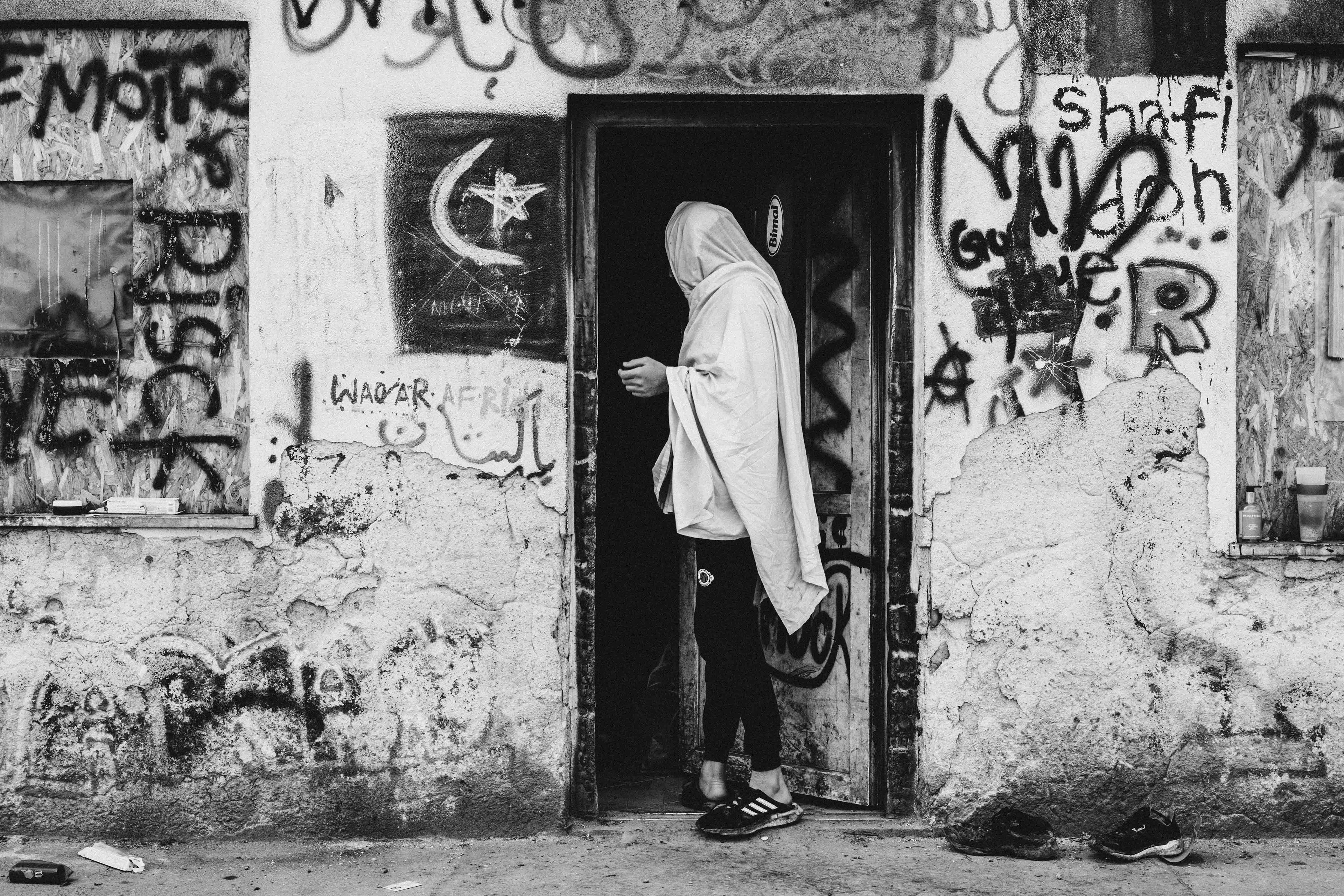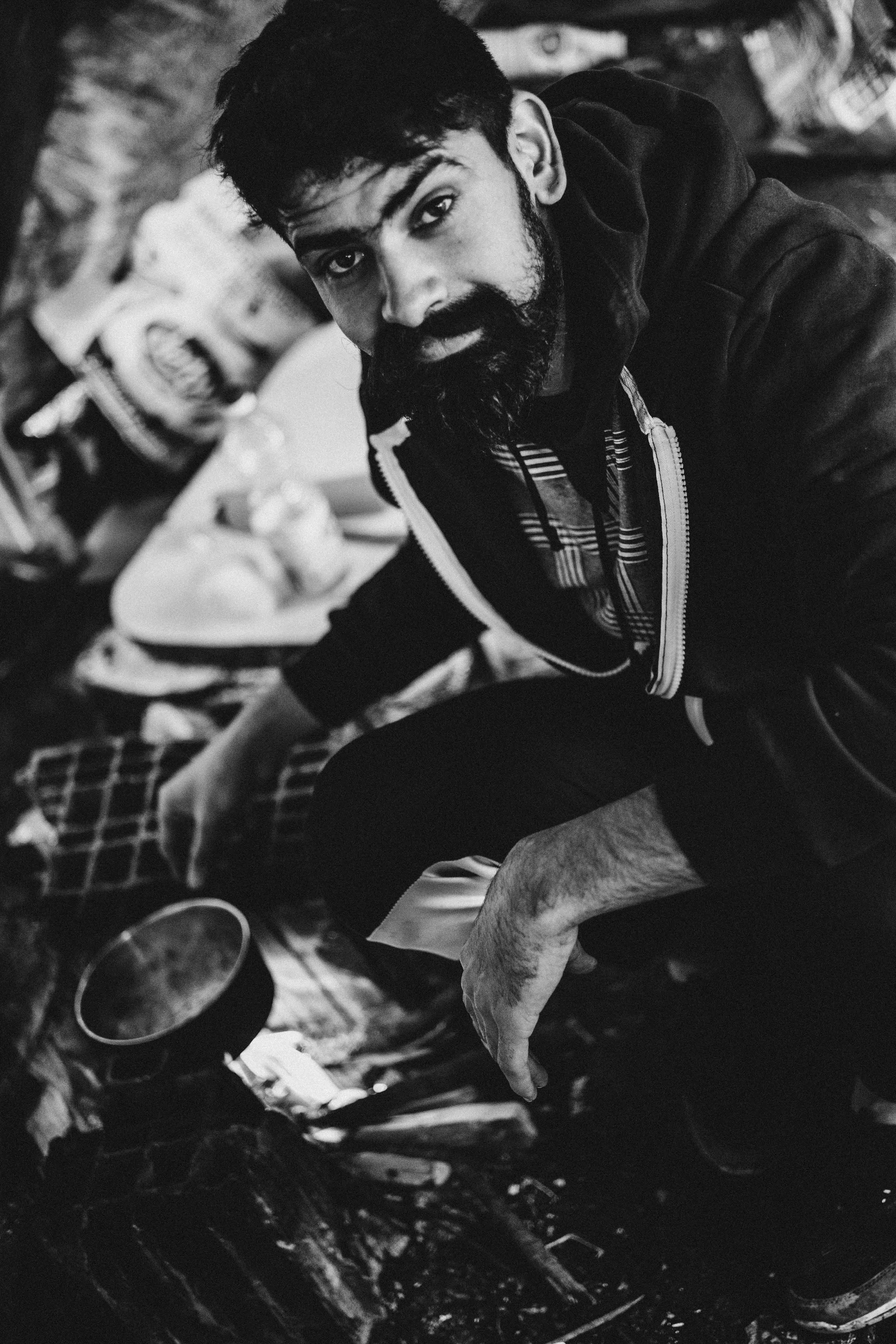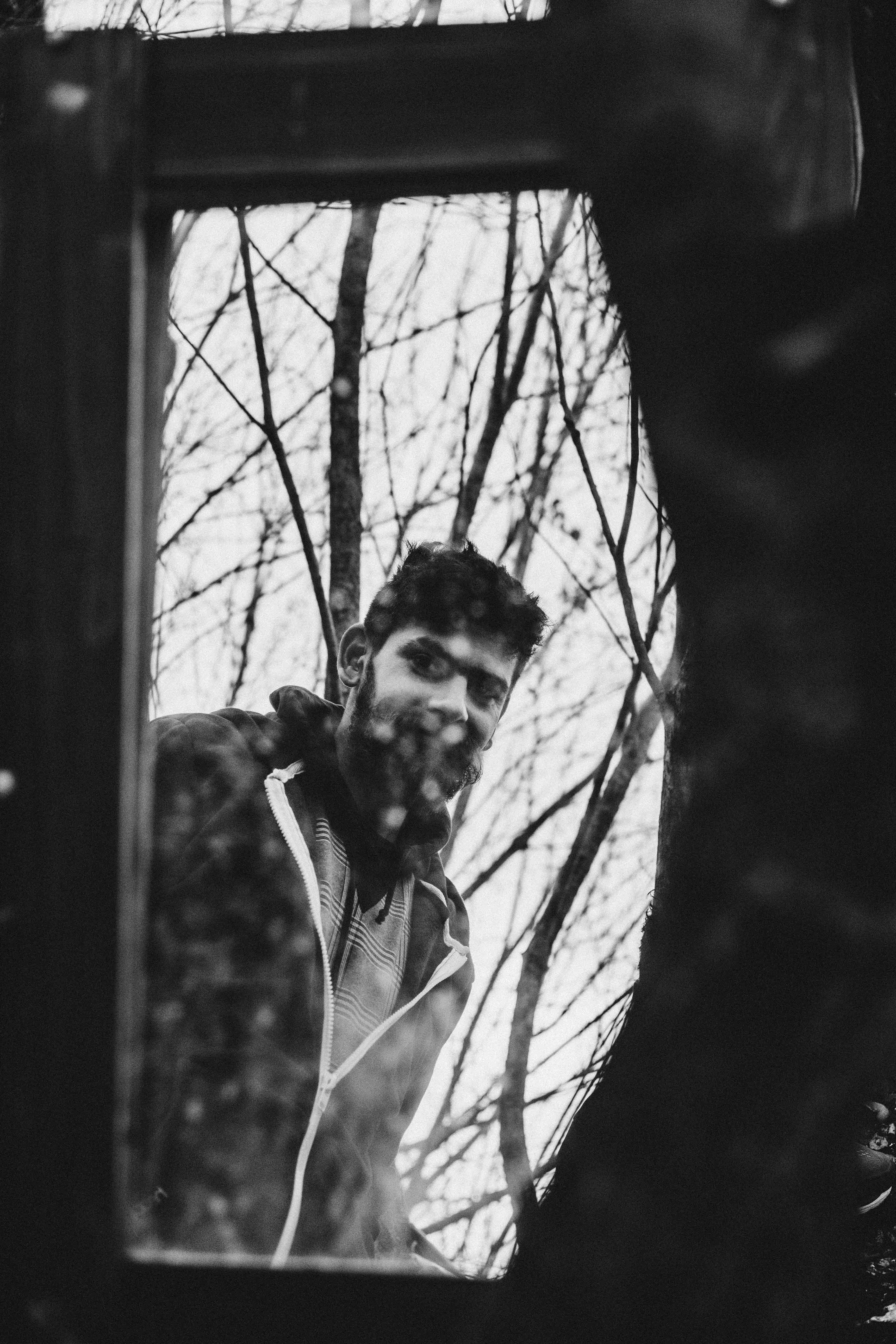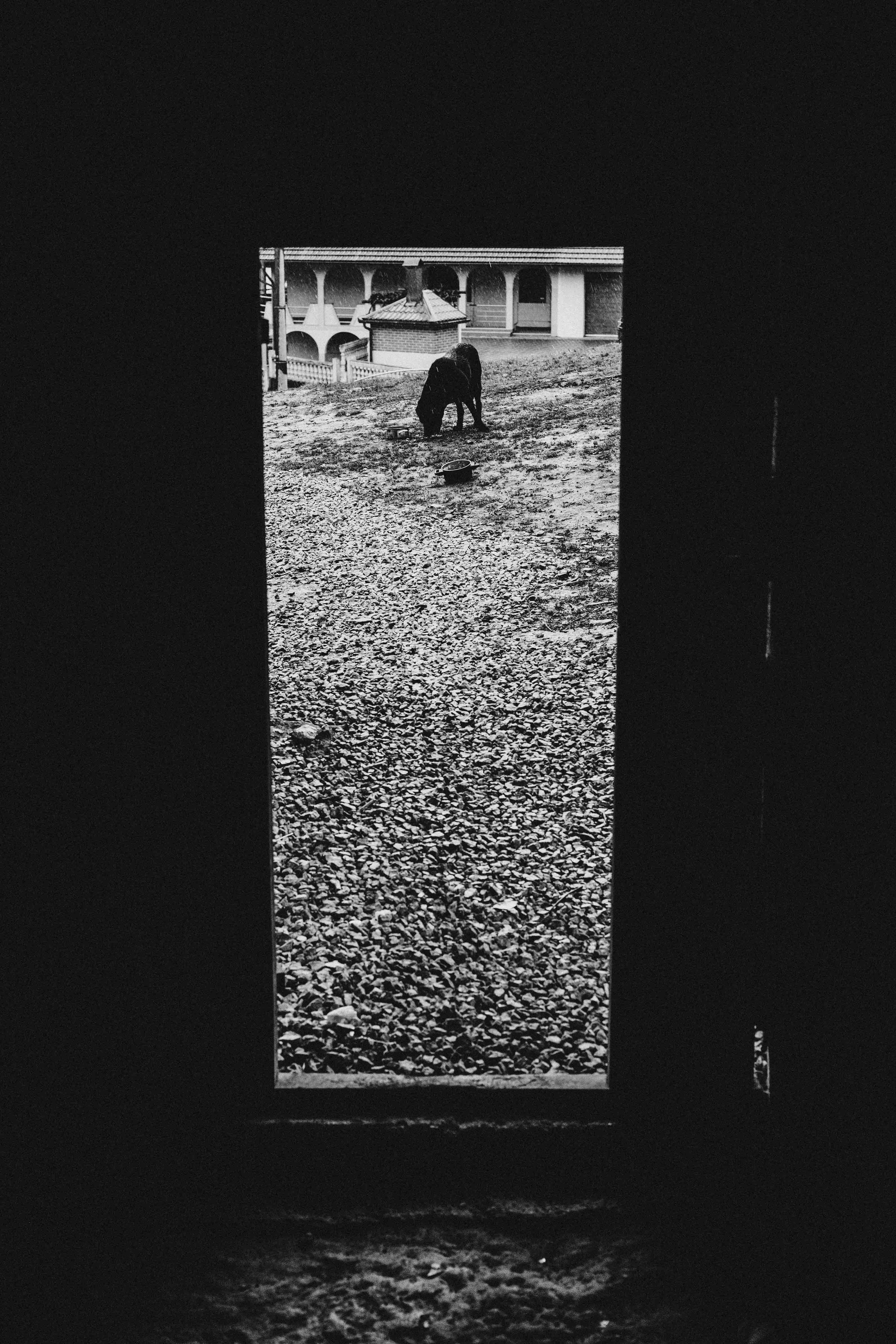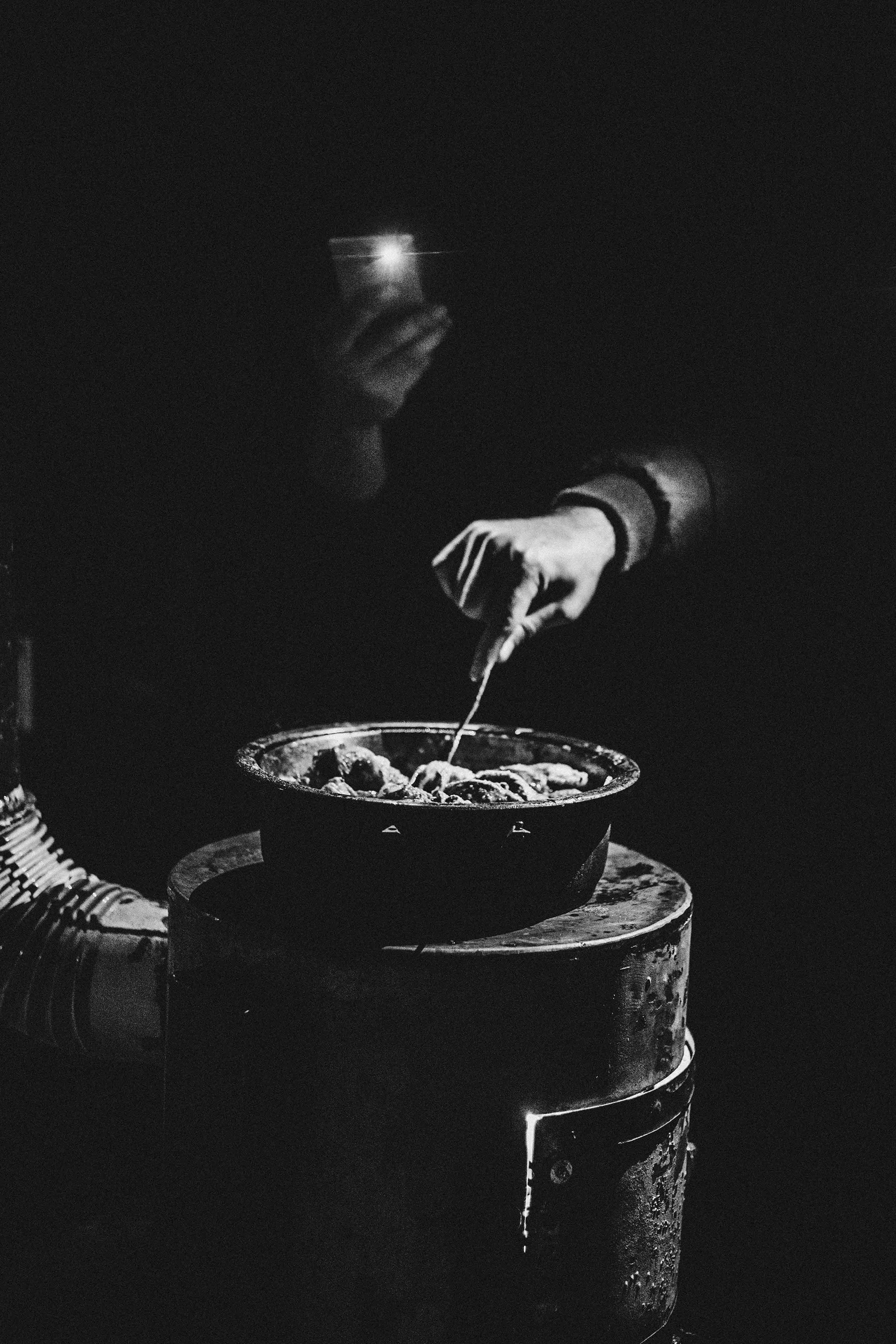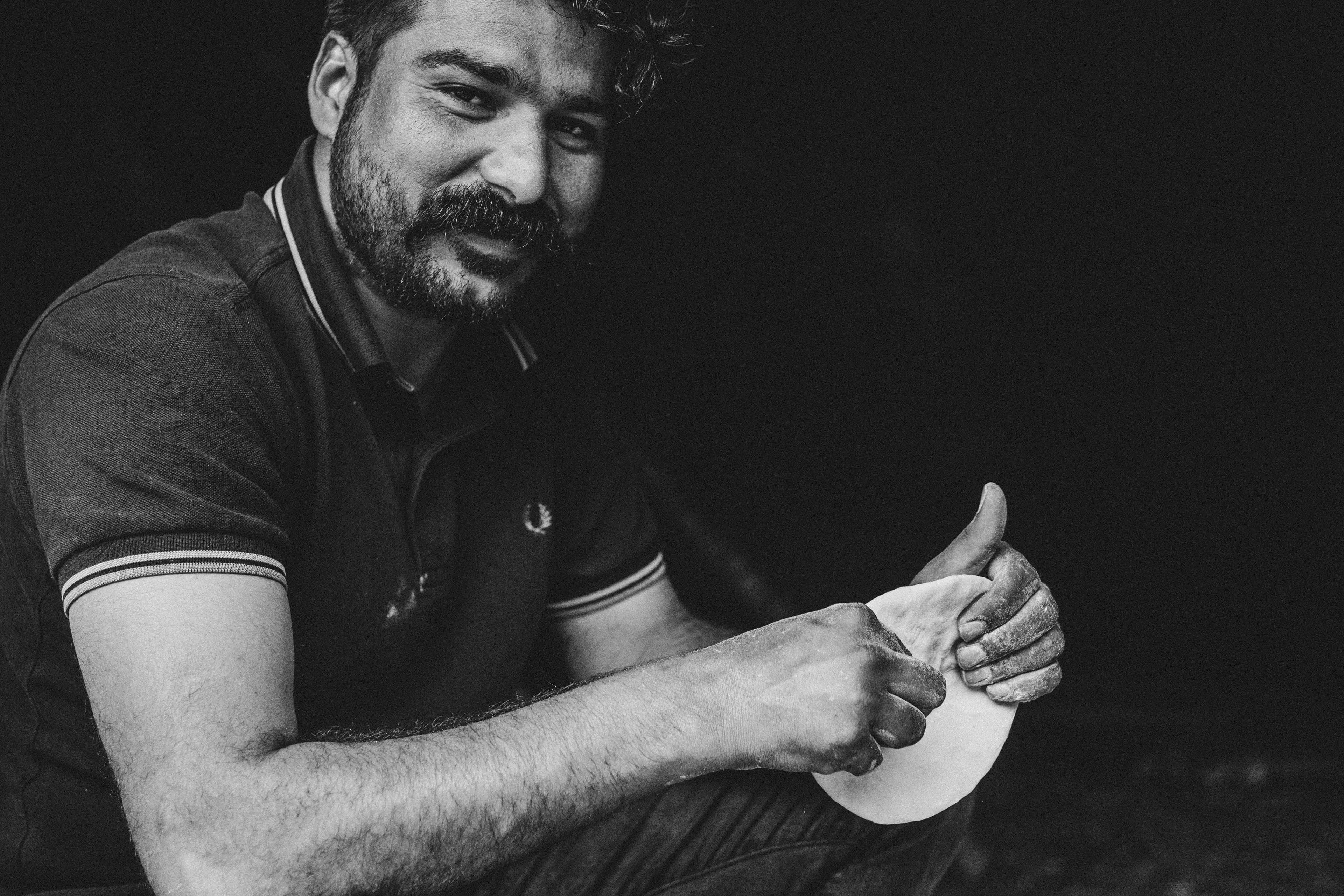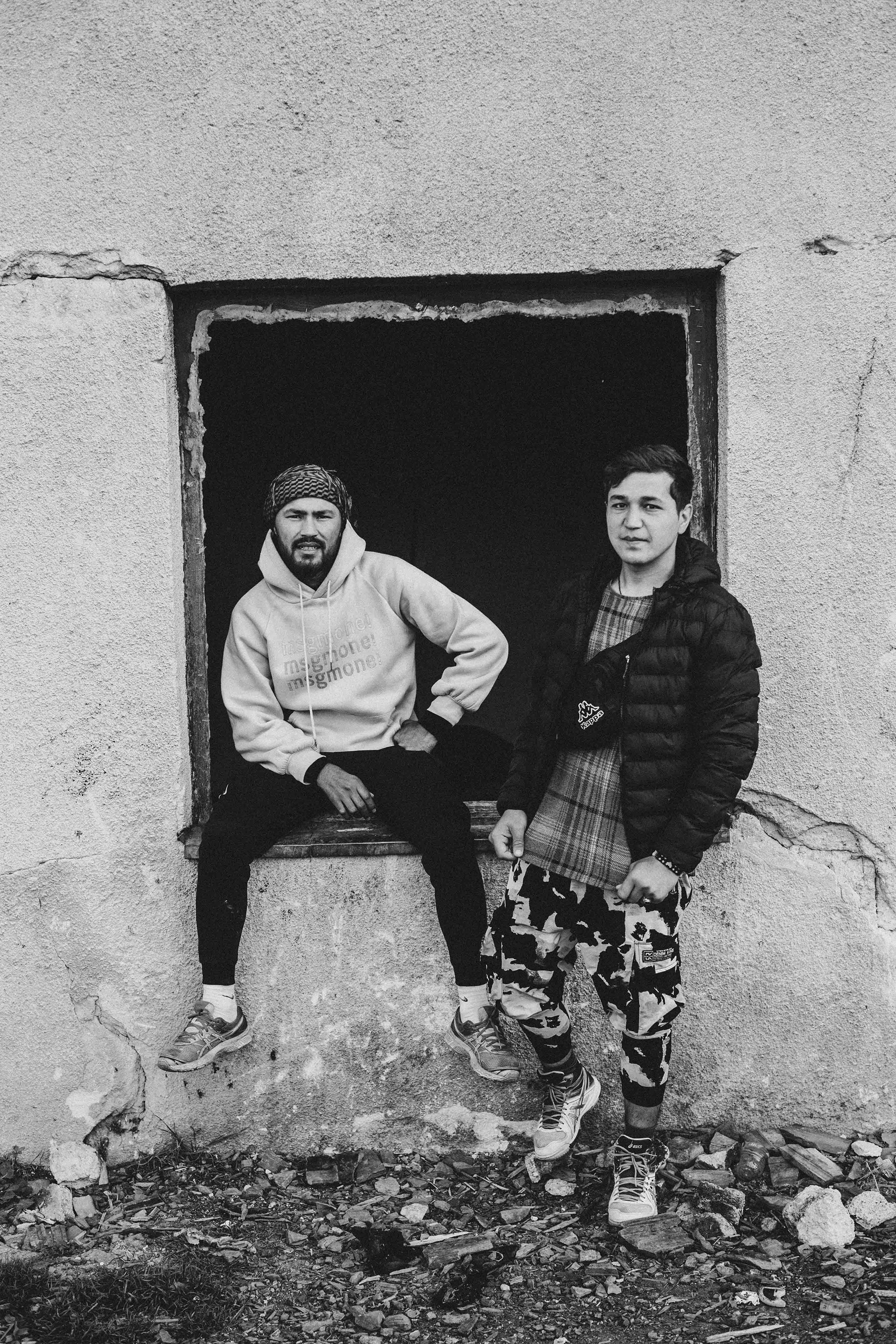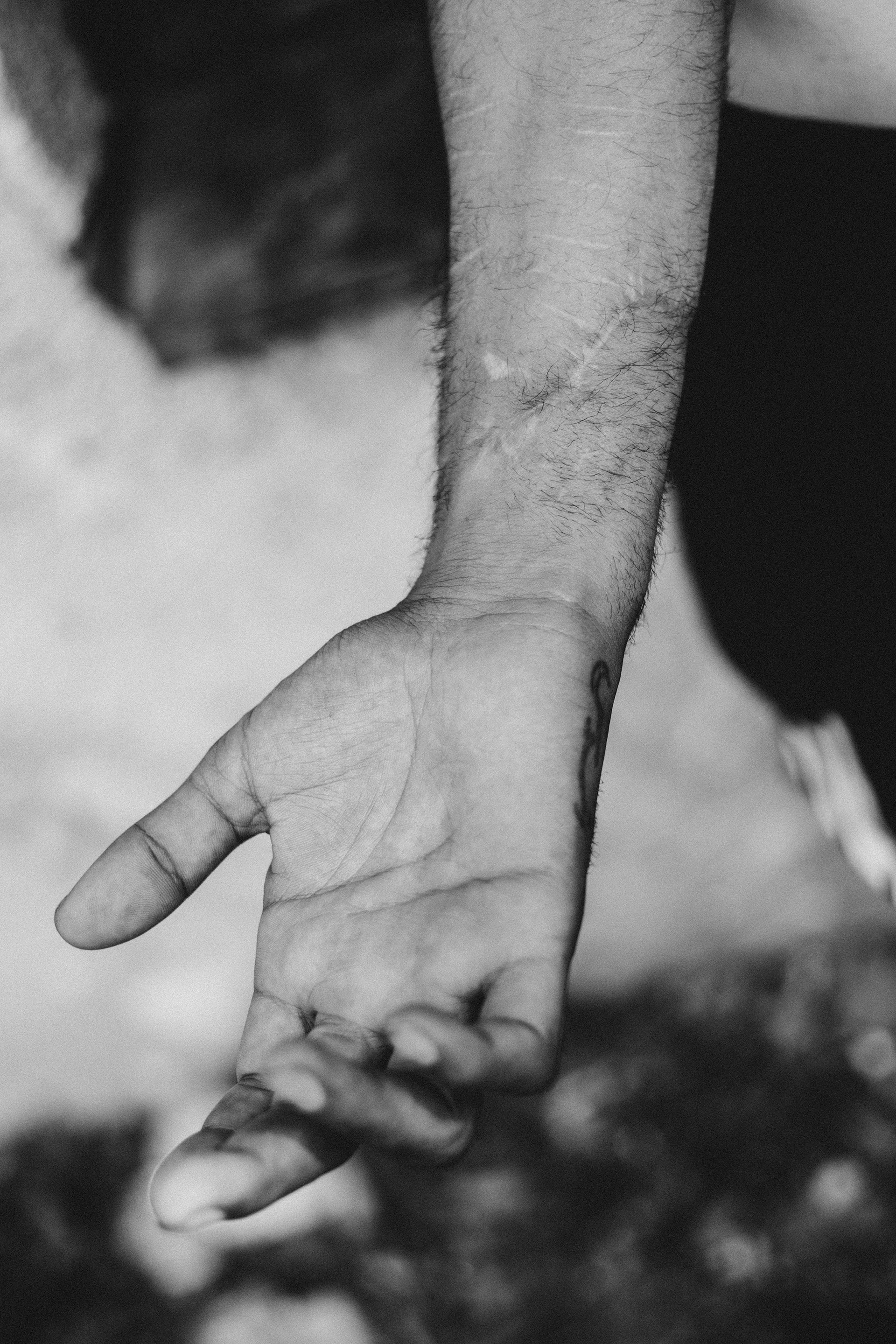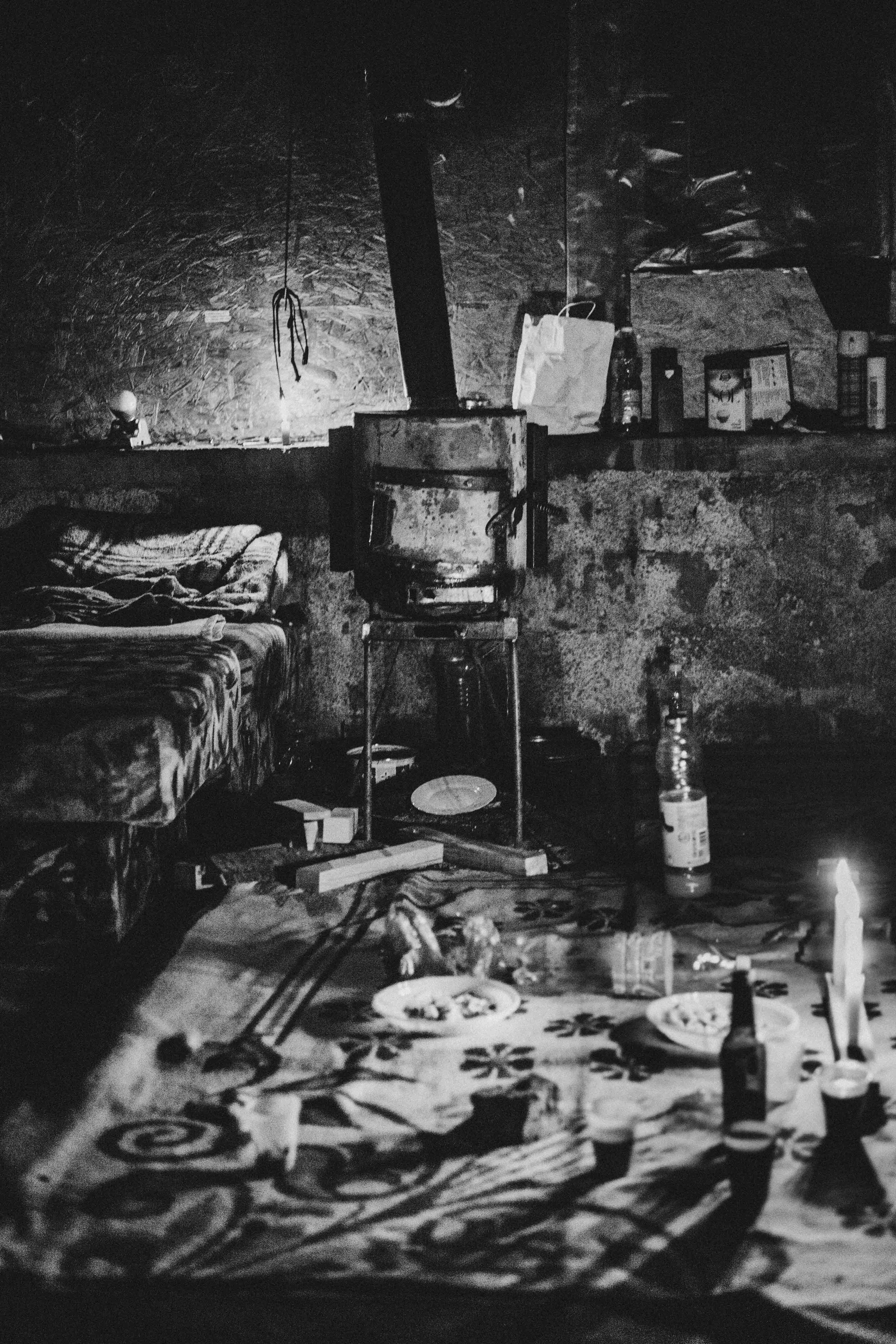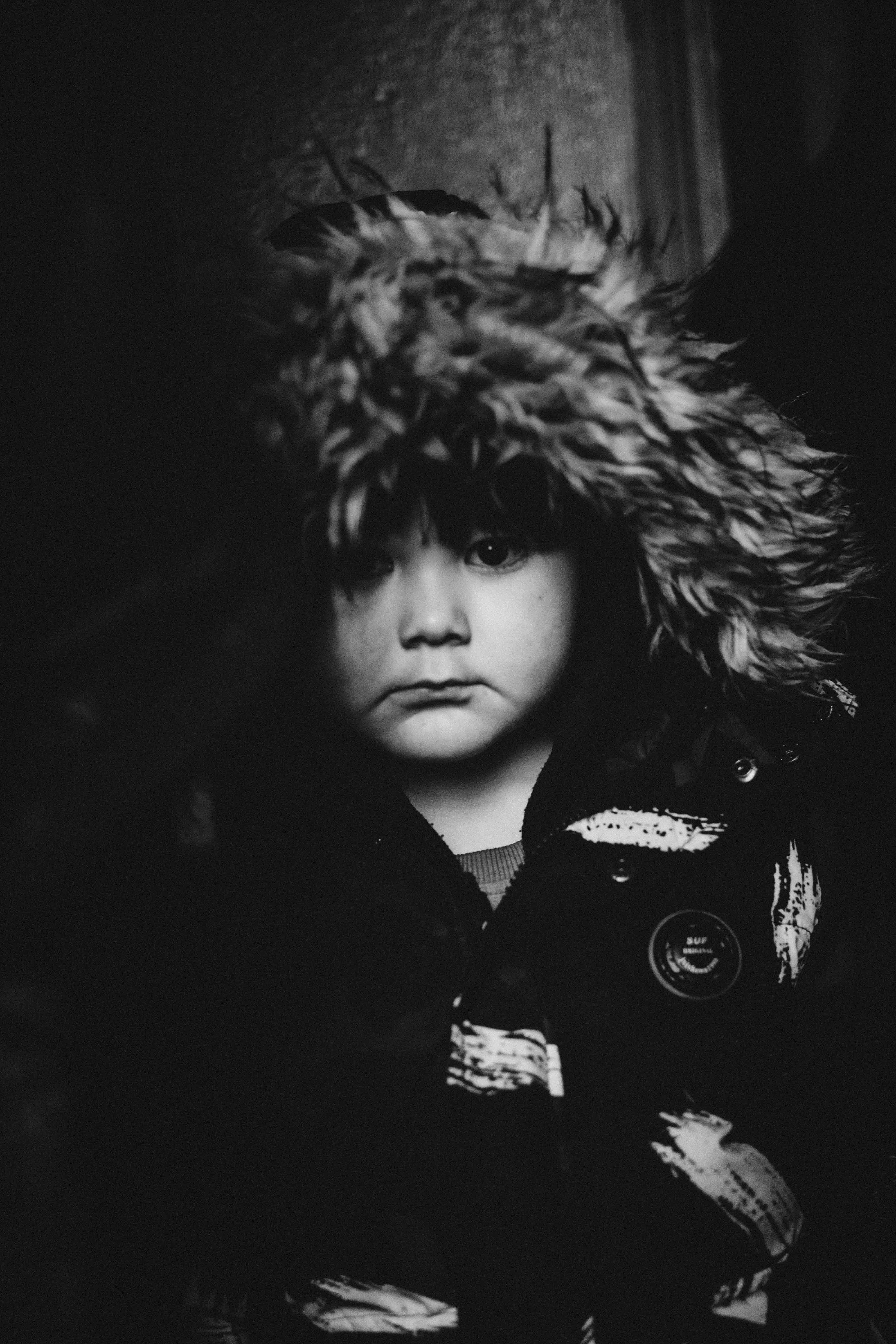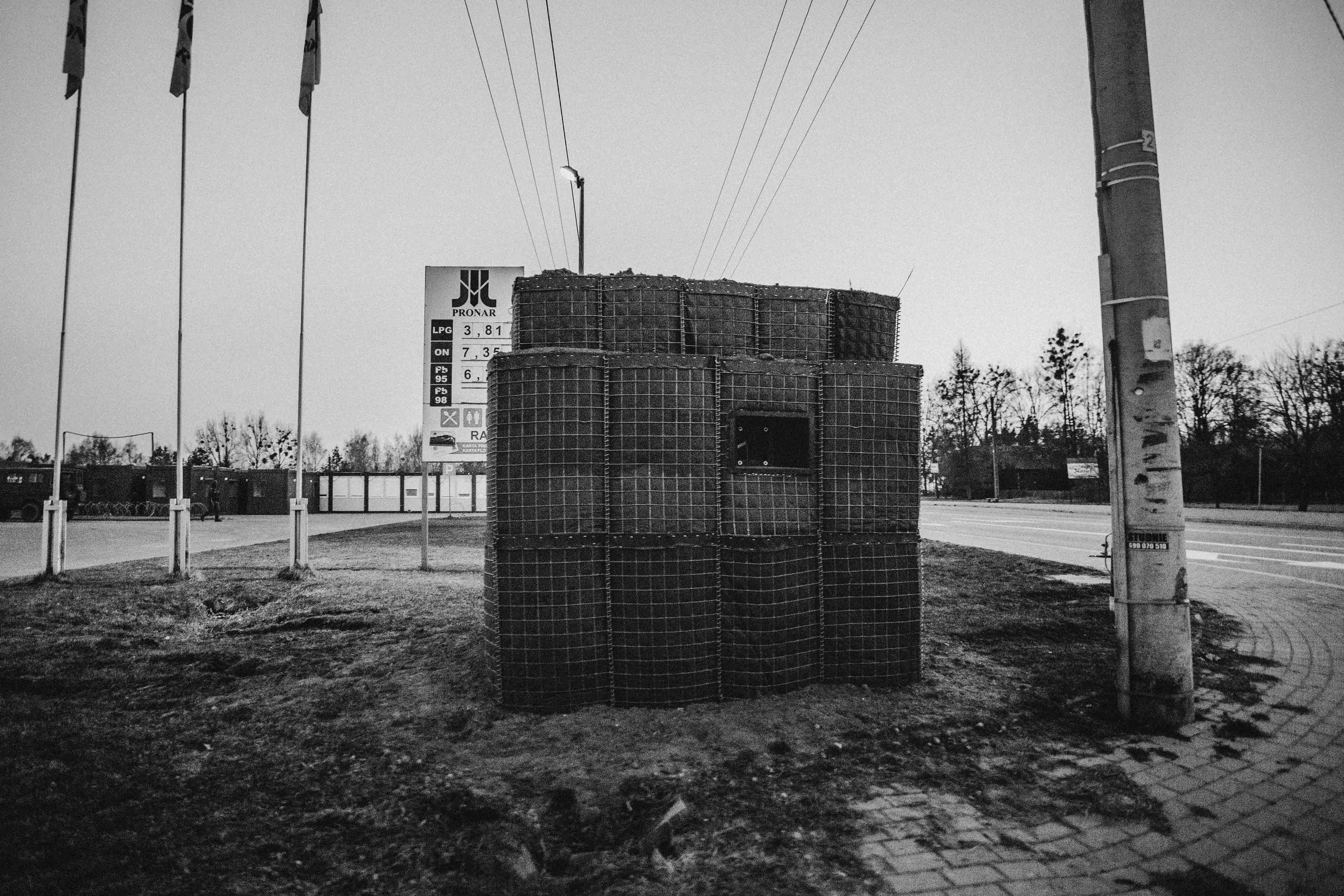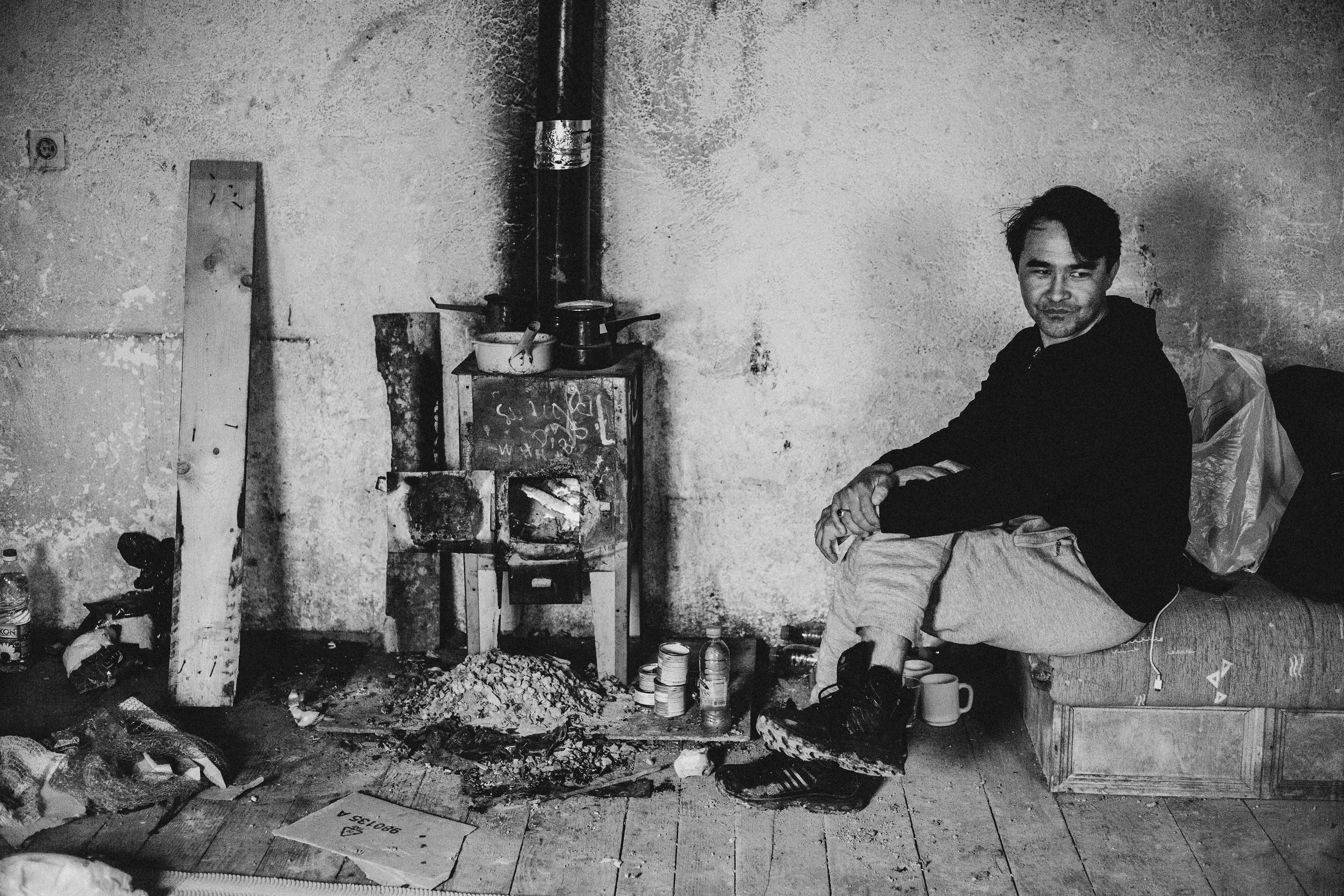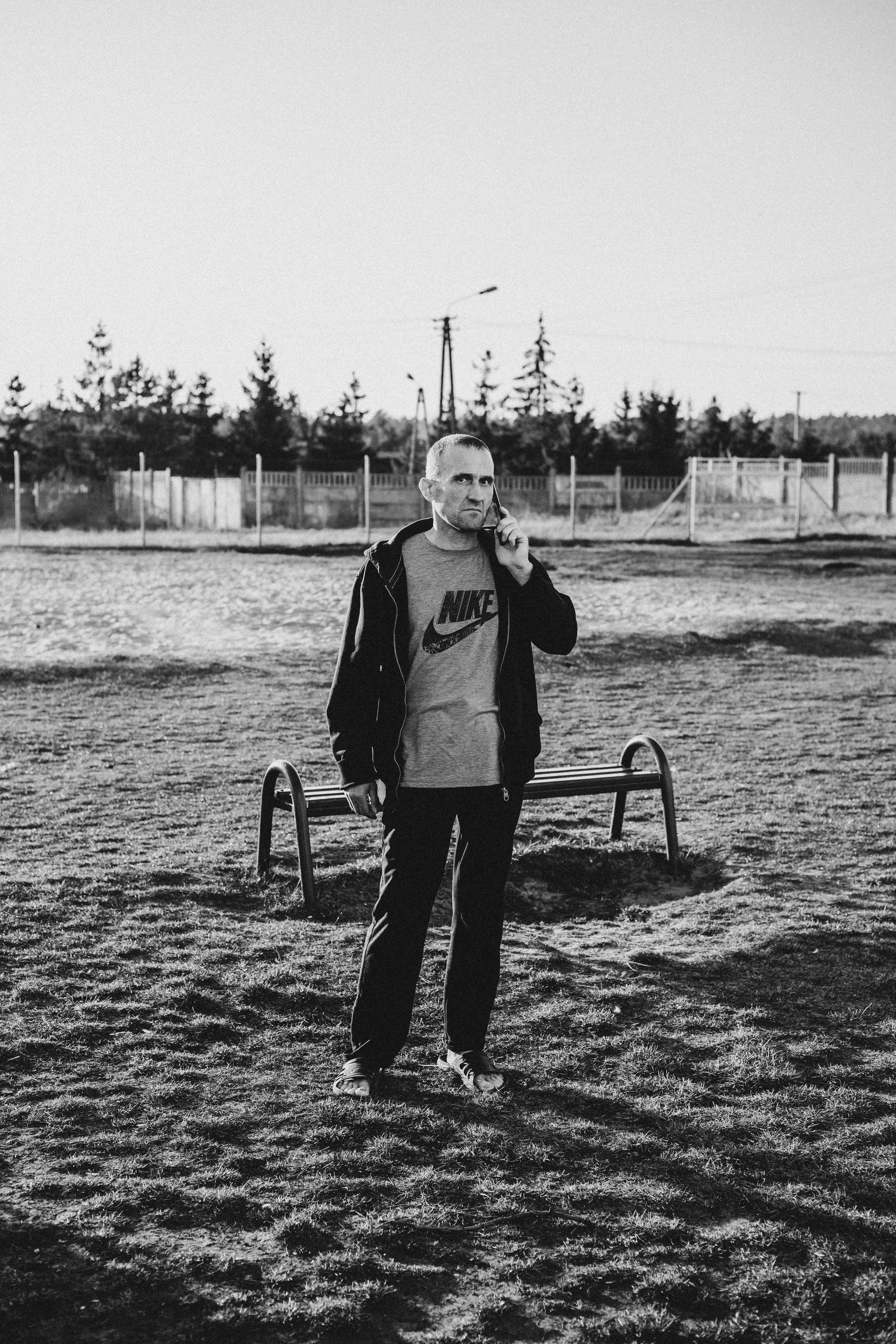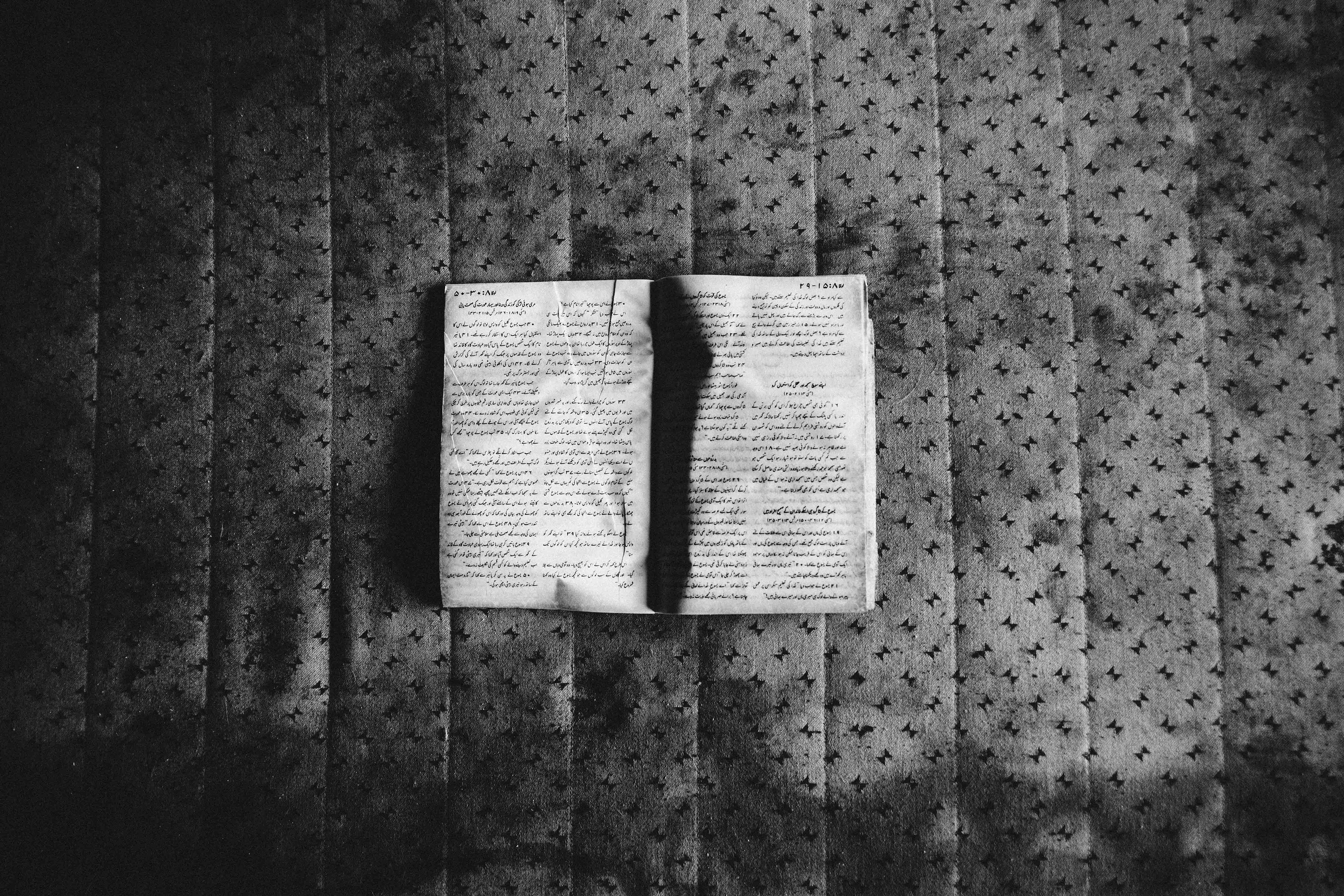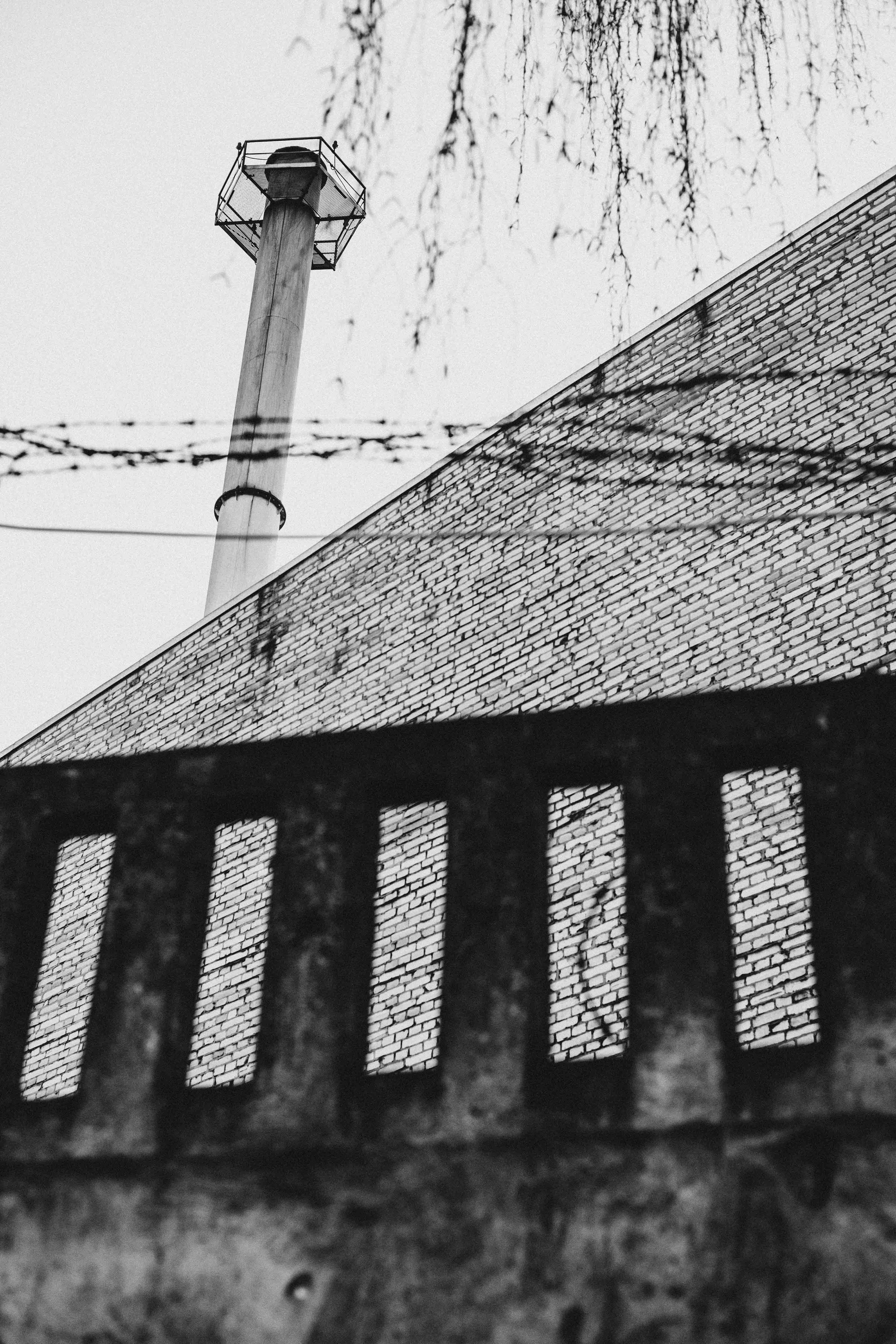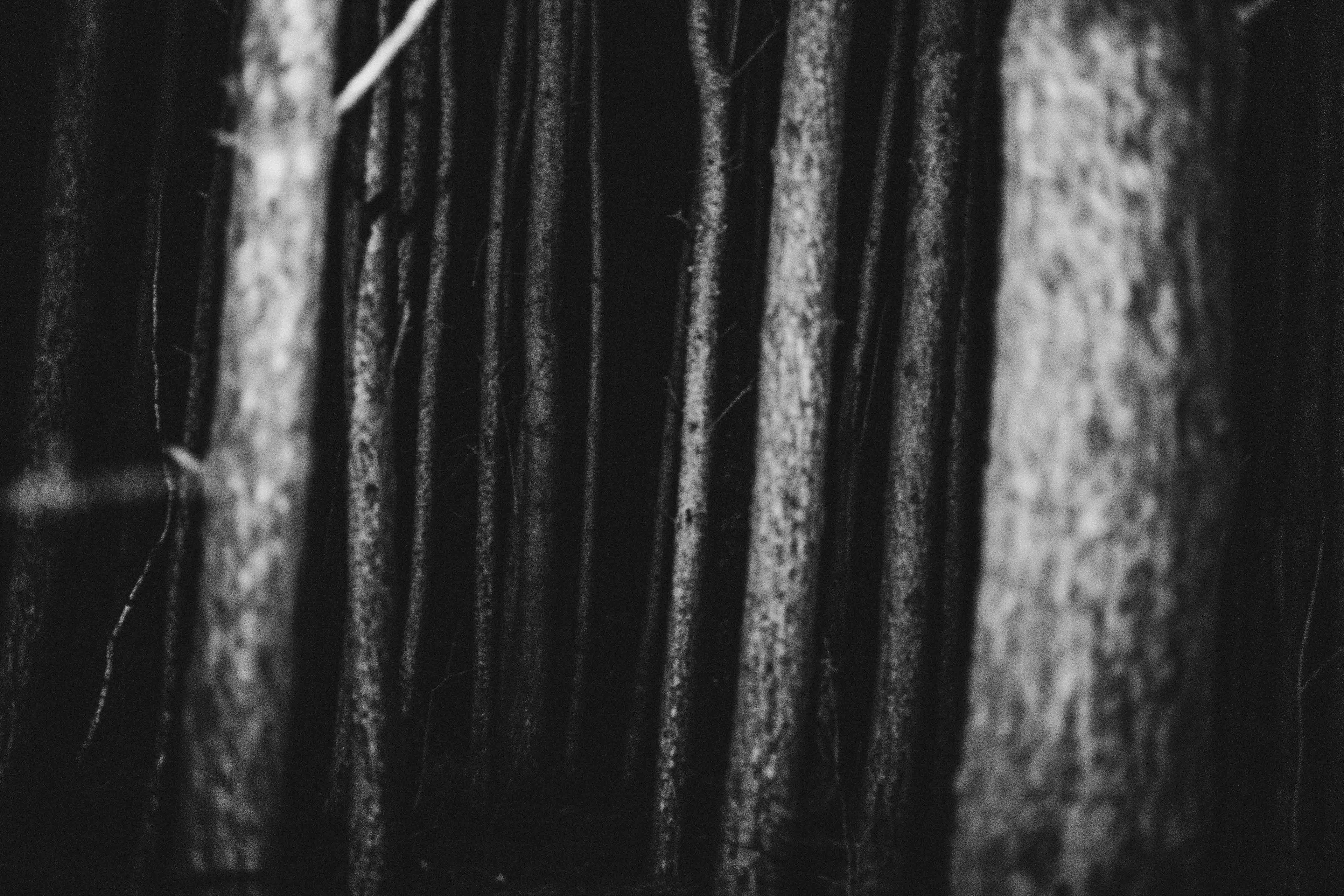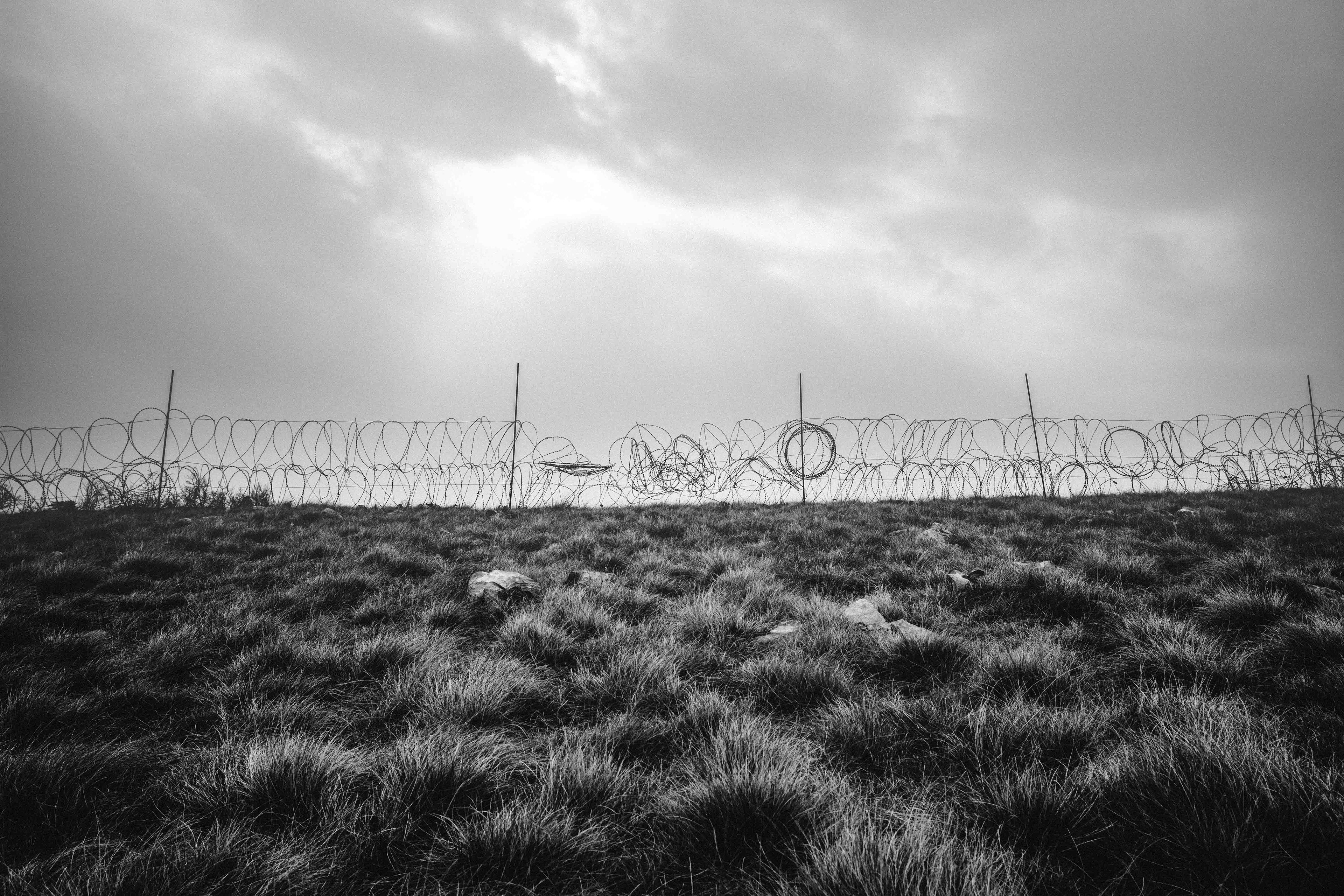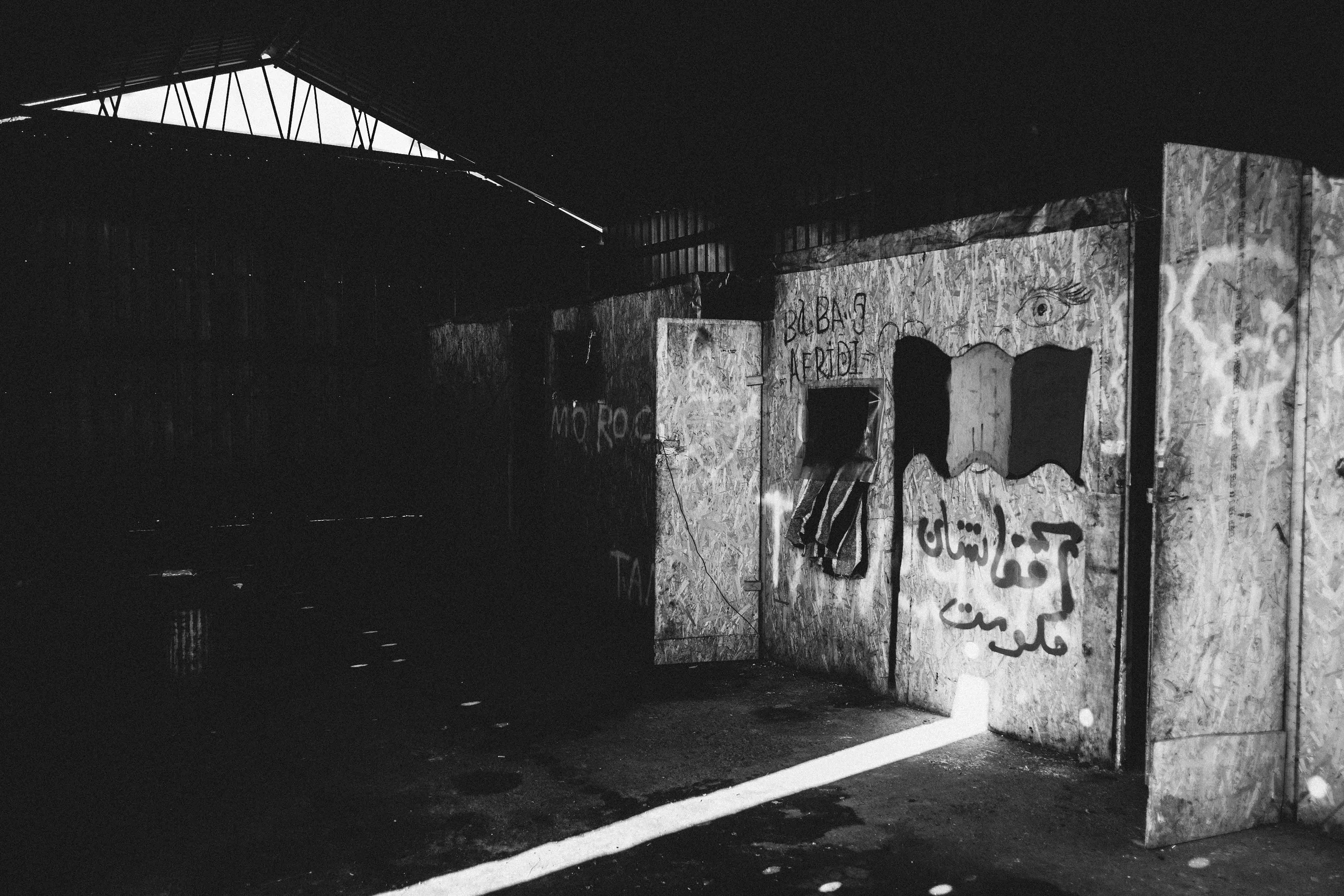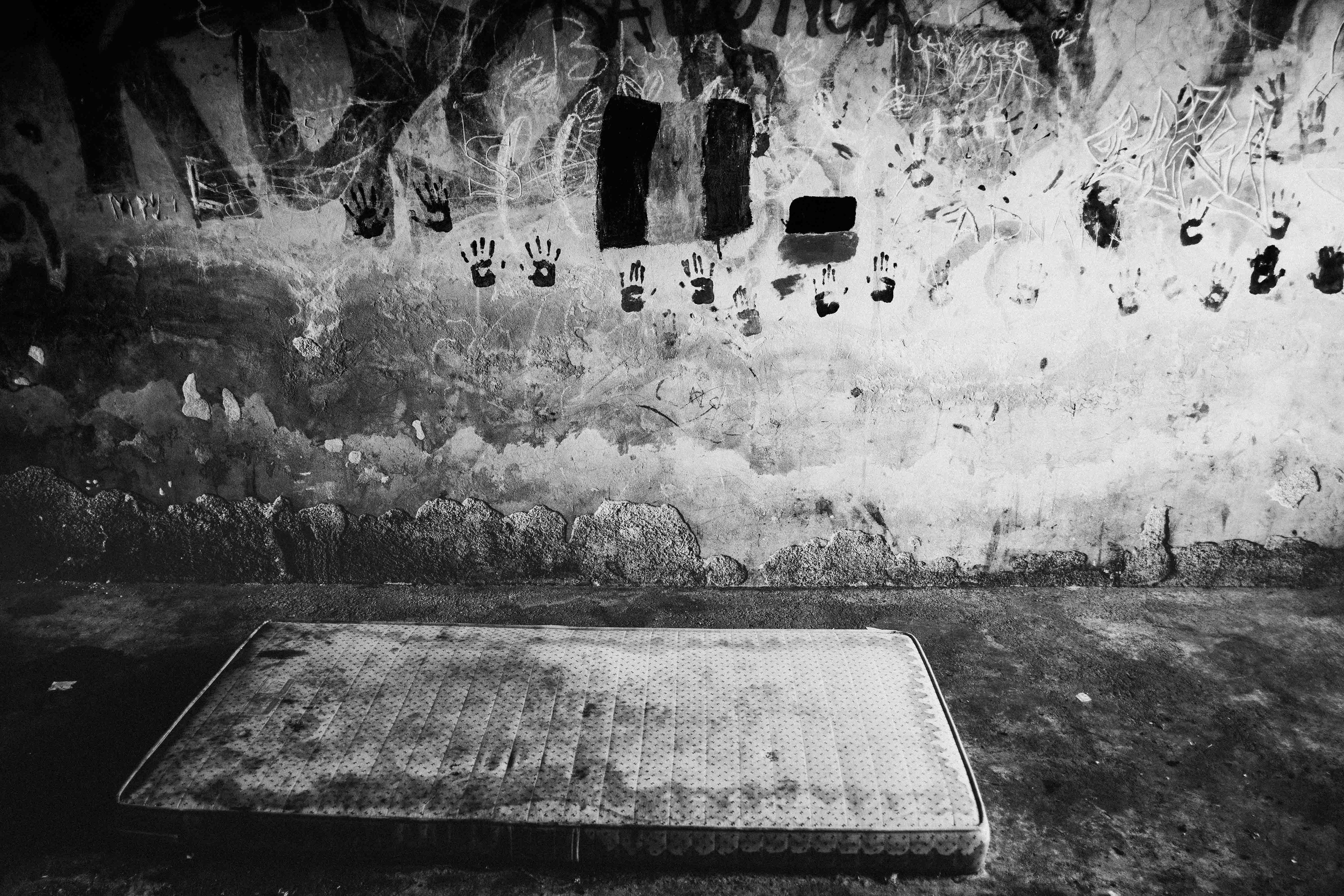The Bosnian border canton Una-Sana is a central place on the so-called Western Balkan Route into the European Union EU. We operate in the region of Velika Kladuša, which is directly located on the border with Croatia and has become a place of humanitarian and political crisis in recent years.
People on the Move have to make countless attempts to cross the border into the EU. Every day, people experience violent Push-Backs in which they are illegally “pushed back” from Croatia to Bosnia by the Croatian Border Guard and denied their right to apply for asylum. In the process, they are subjected to physical, psychological and sexual violence and the daily violation of their human rights. This border violence is a daily occurrence at the Bosnian-Croatian border: valuables are confiscated and destroyed, people are abused, forced to undress and their clothes and shoes are subsequently burned.
The right to asylum, physical integrity and human dignity are non-negotiable human rights and apply to all people. The EU has also made a legal commitment to these principles. However, the toleration of pushbacks and structural violence against people on the move shows that the EU deliberately tolerates and financially supports human rights violations at its borders.
The right to asylum, physical integrity and human dignity are non-negotiable human rights and apply to all people. The EU has also made a legal commitment to these principles. However, the toleration of pushbacks and structural violence against people on the move shows that the EU deliberately tolerates and financially supports human rights violations at its borders.
In view of the massive build-up of European border protection, many people are involuntarily forced to stay in the Bosnian border canton of Una-Sana for weeks, months and sometimes years. Without adequate support, they find themselves in a kind of “dead end” from which there is no way out.
In the region of Velika Kladuša many People in the Move live in so-called Squats. These are in many cases dilapidated ruins or self-built tents that are defenceless against any wind and weather conditions. In winter this means life-threatening cold at up to -20 degrees and during heat waves in summer temperatures of up to 40 degrees. Most squats do not have access to clean drinking water, sanitation and waste disposal, resulting in disease and conflict with local residents. Despite the precarious living conditions, refugees choose to live more self-determined lives in squats, rather than in state-funded camp structures.
In the region of Velika Kladuša many People in the Move live in so-called Squats. These are in many cases dilapidated ruins or self-built tents that are defenceless against any wind and weather conditions. In winter this means life-threatening cold at up to -20 degrees and during heat waves in summer temperatures of up to 40 degrees. Most squats do not have access to clean drinking water, sanitation and waste disposal, resulting in disease and conflict with local residents. Despite the precarious living conditions, refugees choose to live more self-determined lives in squats, rather than in state-funded camp structures.
